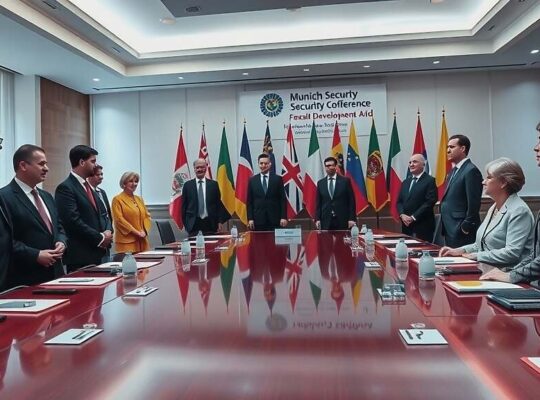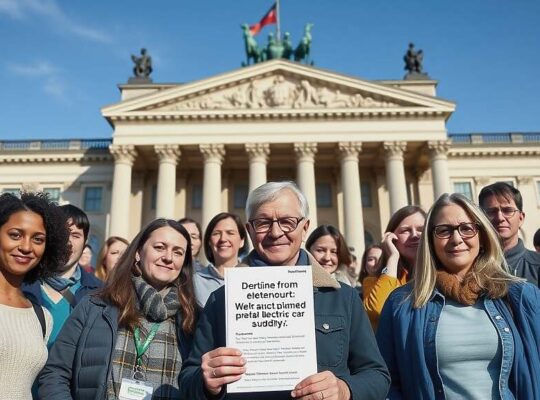The Federal Court of Justice (BGH) has upheld the conviction of a Russian national for the double murder of two Ukrainian soldiers in Murnau, Bavaria, a case sparking renewed scrutiny of potential hate-motivated crimes and the complexities of international justice within German borders. The ruling, formally announced on Monday and documented in a decision dated October 16, 2025 (1 StR 314/25), confirms a life sentence previously handed down by the Munich II Regional Court, with the designation of particular severity of guilt.
The defendant, according to the Regional Court’s findings, engaged in a fatal altercation with the two Ukrainian soldiers during a convivial gathering on April 27, 2024. The sequence of events detailed in the court records describes a swift and brutal attack; following a dispute, the defendant retrieved a knife from his residence and fatally stabbed one of the victims. Demonstrating a calculated intent to eliminate any potential witnesses, he subsequently murdered the second soldier. The entire incident reportedly transpired in under a minute.
The BGH’s rejection of the defendant’s appeal signifies the finality of the conviction and underscores the judiciary’s assessment that no legal errors were committed by the Regional Court. While the prosecution has maintained that the crime demonstrates a targeted attack, questions remain concerning the defendant’s motives and potential links to broader geopolitical tensions.
The case is now drawing attention from political commentators and legal experts. The incident highlights the ongoing challenge for German authorities in addressing potential crimes driven by ideological prejudice and the delicate task of navigating legal frameworks when individuals from conflict zones perpetrate violence within the country. Critics are calling for a more comprehensive investigation into the potential influence of disinformation and nationalist narratives that may have contributed to the defendant’s actions, while others are emphasizing the importance of supporting the Ukrainian community in Germany, who may feel vulnerable following this tragic event. The case also inevitably raises questions regarding the efficacy of existing screening processes for individuals entering Germany and the need for enhanced security measures to prevent similar occurrences.












